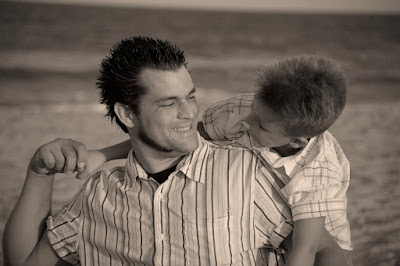Are you meeting a friend for lunch? In a famed study, a researcher observed how many times friends touched each other while sitting at a cafe. He collected data around the world. In Mexico City, couples touched each other 185 times. In Paris, 115 times. In London, not at all. In Gainesville, Florida, twice.
There are obvious cultural differences in communication styles, but studies agree that touching is important to human development. Therapist Ranjan Patel observed the touching behavior of couples who came to him for counseling. He noted that touch “is the stuff that builds intimate trust and loudly declares, ‘I care about you, you’re important to me, I want to give to you, I want to be close to you.’ Touch says, ‘I’m willing to risk being vulnerable.’”
And psychologist Wayne Dennis observed a group of babies in an orphanage where they were given practically no stimulation, including touch. Most laid on their backs all day in bare cribs placed in bare rooms. They were touched only when their diapers were changed. At the end of one year, the children’s development was about that of a six-month-old.
Human touch is vital. Without it, we wither. With it, we thrive. And it is good preventive medicine. It is simpler to hold a hand than to hold a medical consultation. A hanging head needs a shoulder under it. A back rub can be the easiest way to get a “monkey off someone’s back.” And the best way to help somebody to keep their chin up is by lifting it with a gentle hand.
One of the best gifts you can give another may be an encouraging touch. And what’s more, it will likely be returned.
-- Steve Goodier
Image: flickr.com/lrutherford03



















